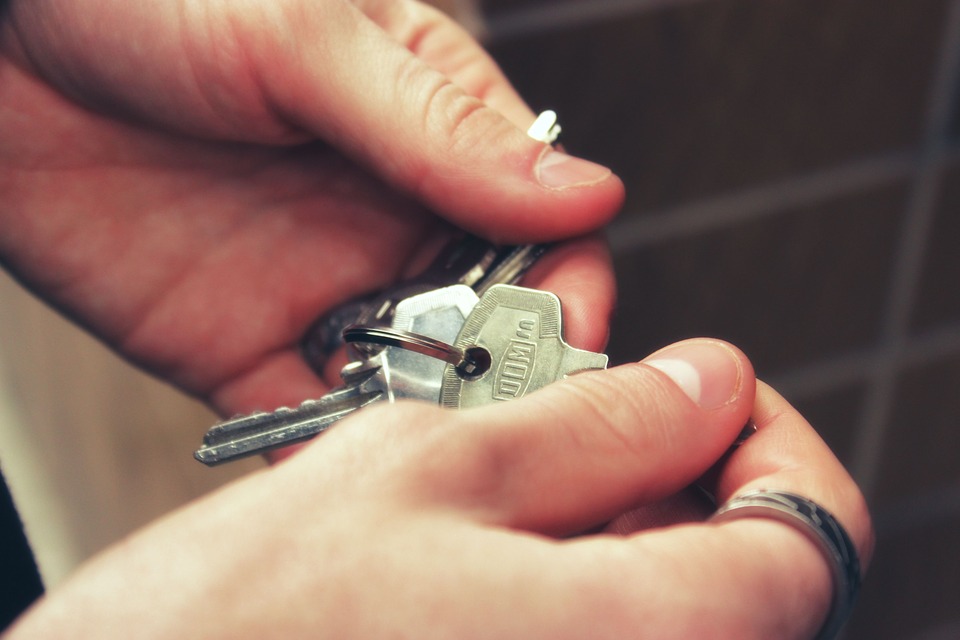In 2019, the United Nations estimated that 13.1% of the total population of Spain were migrants, some of whom are British expats living in Costa Blanca and Costa Calida. Despite moving overseas, these expatriates may wish to retain a property in the UK as a form of rental income or as a personal dwelling if they plan to eventually return to the UK.
Despite various uncertainties, such as Brexit disrupting the UK’s economic climate, domestic house prices continued to rise in recent years. No matter the reason, if you are considering making a financial investment, purchasing a property in the UK could still be a viable option.
Can an expat get a UK mortgage?
Since the introduction of the Mortgage Credit Directive (MCD) in 2016 by the European Commission, applying for a UK mortgage whilst living abroad is no longer a simple and straightforward process. Volatile exchange rates have caused many high street lenders to turn away from offering foreign currency mortgages, as their computerised systems deem expats as high risk and lenders are unwilling to monitor many exchange rates at one time.
However, this does not have to be a cause for concern if you are considering applying for a mortgage on a UK property as there are other options available to you. Specialist lenders, such as building societies, are able to offer expats mortgages using various foreign currencies.
What is an expat mortgage?
After reviewing each case individually, these specialist lenders can fundamentally provide two different types of mortgages to expats; a residential mortgage or a buy to let mortgage. Residential mortgages are reserved for those intending to use the property as their primary UK residence or for family remaining in the country, whereas buy to let mortgages allow overseas landlords to rent out their property and generate an income whilst living and working in Spain.
Borrowers can expect to pay a higher deposit and overcome considerably more obstacles than when applying for a regular, residential mortgage. Hurdles include:
- Credit rating: being able to prove you have a good credit history is a good indicator that mortgage repayments will be met. Make sure you update your address details on your bank accounts so lenders can evidence your address history when applying for finance.
- Deposit currency: when it comes to expat mortgages, fluctuating exchange rates can cause major issues when determining the size of your income in relation to the GBP loan you are applying for. Lenders will ask you to provide evidence of how you accrued your deposit, e.g. the accumulation of savings over time through bank statements.
- Repayment currency: exchange rates can also give the impression that your salary seems unstable, thus alluding to a high-risk investment. By reviewing each case individually and using an approved currency list, specialist lenders can often see past these complexities. When it comes to buy to let mortgages, the rental payments you will be charging your tenants will be assessed to see if this provides adequate cover for your prospective mortgage repayments.
Should I seek independent financial advice?
When applying for an expat mortgage, you will soon discover that the process can be significantly more complex, demanding and stricter than a regular mortgage application. It may, therefore, be beneficial to seek independent financial advice or do a comprehensive comparison of specialist lenders. The process used to approve mortgages by these specialist lenders allows them to assess your individual situation appropriately rather than relying on an impersonal and automated process, increasing your chance of success.
Source: The Leader




